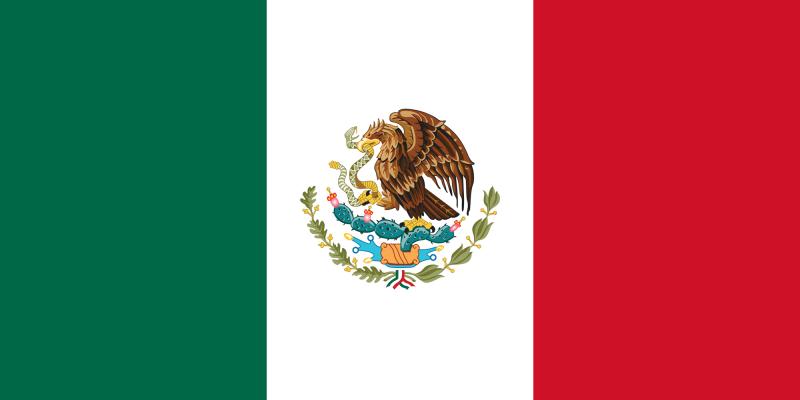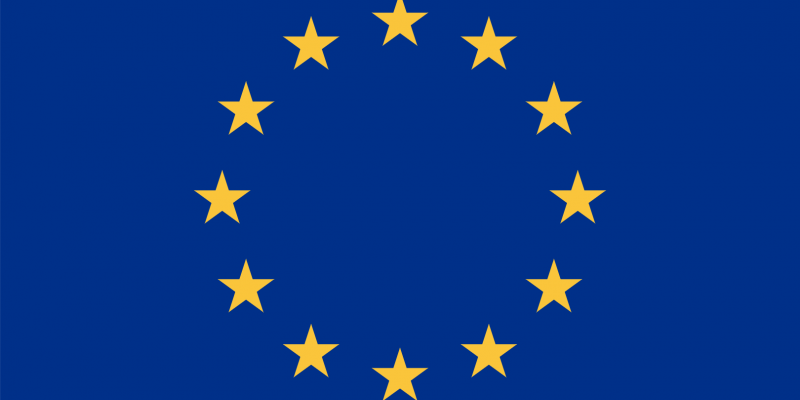Integrity Pact case study in Honduras: medicines procurement
Summary
The case of medicines procurement in Honduras demonstrates how an Integrity Pact can contribute to systemic change. It helped to transform a deeply corrupt sector into one that is transparent, increases competition, and reduces costs and delivers value for money for all stakeholders.
Background
With economic development low and poverty high in Honduras, all health supplies including medicines have traditionally been procured by the government. In the absence of proper procurement planning or budgeting, the Honduran government typically procured medicines and other healthcare needs on an emergency basis without any objective criteria for purchase. This resulted in the government paying higher prices.
In fact, this was the foundation of a deeply corrupt system. The Honduran government used a trust fund in a Honduran bank to transfer payments to companies that supplied medicines. A typical form of corruption would be that the Ministry would withhold payments so that companies needed to pay bribes for their payments to be issued through the bank.
Transformemos Honduras (TH) is a civil society platform in Honduras led by the local Transparency International chapter, Asociación por una Sociedad mas Justa (ASJ). TH seized the opportunity of a freedom of information law that was passed in 2006 to investigate corruption in medicines procurement. The investigation revealed a cartelisation of bidders and a rigged system of favouritism in procurement.
In March 2013, ASJ published a report exposing this corruption in the health sector. In addition to the collusion and bribery schemes described above, the report also gave proof of how millions of dollars’ worth of medicines were being stolen from the Central Medicines Warehouse and possibly sold on the black market. One week later, the Minister of Health ordered a raid on the warehouse. Investigations followed, resulting in the arrest, trial and convictions of various individuals involved in the criminal scheme.
In January 2014, the new Honduran President, Juan Orlando Hernández, created an independent trust to oversee the buying and distribution of medicines and pharmaceuticals for state-run hospitals. The Ministry of Health (SESAL) entered into discussions with ASJ to secure their role as monitor of the new tendering system.
ASJ and the Ministry of Health collaborated to set up a tripartite committee to oversee the development of an Integrity Pact for pharmaceutical procurement. This tripartite committee consisted of:
- Ministry of Health
- ASJ and the United Nations Office for Project Services (UNOPS); and
- An independent bank that was to serve as the new trust fund to oversee payment to suppliers.
UNOPS has played a critical role in setting up a web platform called Medicamentos Abiertos (Open Medicines) that has placed all purchasing of pharmaceutical medicines online.
From 2014 – 2017, ASJ and the Ministry of Health were in constant dialogue regarding the new purchasing procedures. During this time, ASJ called upon a consultant who had experience promoting Integrity Pacts in Colombia to advise on how to tailor an Integrity Pact for pharmaceutical procurement in Honduras.
The Integrity Pact
In 2017, ASJ and the Ministry of Health signed the first Framework Agreement outlining ASJ’s roles and responsibilities as monitor. ASJ signed a renewal of the Framework Agreement in 2019 that lasts through 2021. ASJ collaborates with the civil society organisation Transformemos Honduras and the Catholic Church in this monitoring role.
On the government side, an Integrity Pact text was developed for health officials to sign to make them aware of their anti-corruption, fair competition and transparency obligations. In the initial – and most work-intensive – phase, ASJ trained over 200 Ministry of Health officials on these obligations.
A second Integrity Pact text exists for the private sector. Pharmaceutical suppliers must sign it to qualify to bid for pharmaceutical tenders.
Impact
ASJ attests to numerous benefits of the application of the Integrity Pact to pharmaceutical procurement.
First, there is clearly greater competition for pharmaceutical suppliers. A study had shown that there were only 19 suppliers to Honduras from 2005 to 2010. With the Integrity Pact, there are now over 40 qualified suppliers bidding for pharmaceutical tenders.
ASJ also conducted a specific study on prices for medicines procured by the Ministry of Health between 2005 and 2010, which demonstrated that the increased competition is having a related impact on ensuring that purchase prices for pharmaceuticals are fair and not inflated. On the online Medicamentos Abiertos platform, all prices including historical prices are published transparently online. This increases value for money as well as trust amongst all stakeholders.
In a next phase of work, ASJ is expanding the Medicamentos Abiertos online platform to cover El Salvador and Guatemala as well. This will increase competition through further transparency of drug prices in the Central American region.




